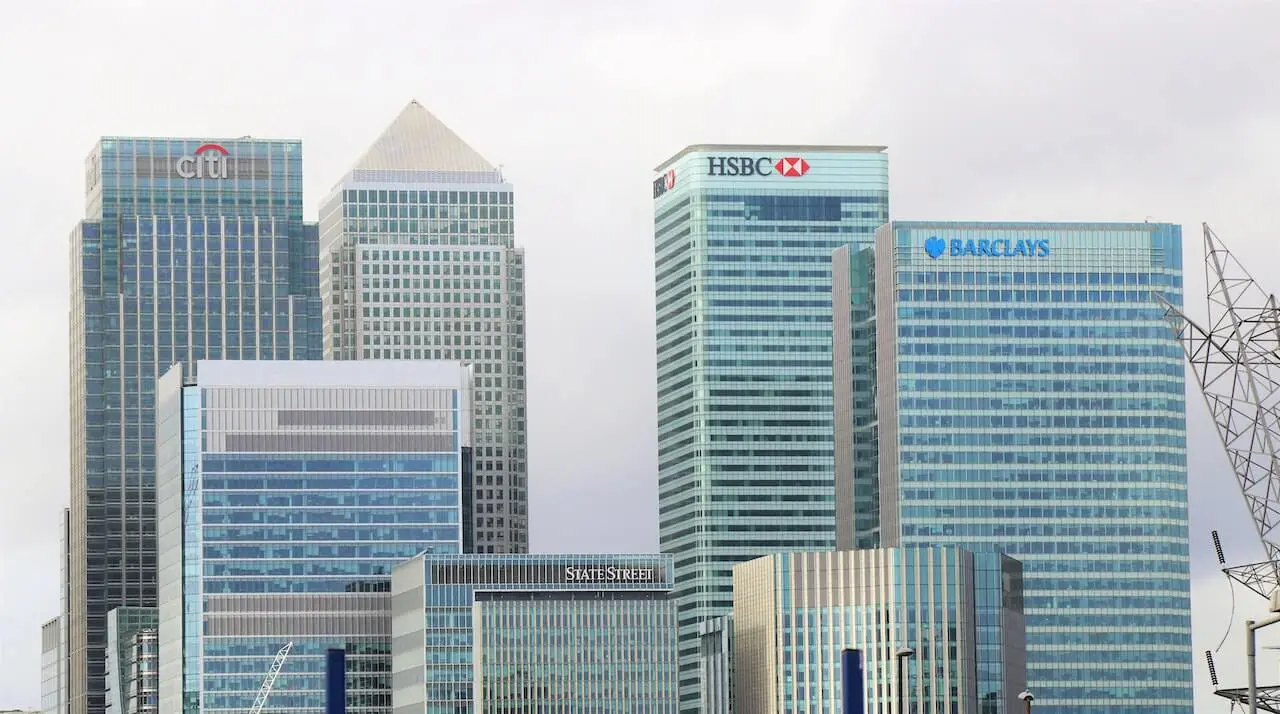Overdraft fees are one of those pesky but ubiquitous expenses that hit unexpectedly sometimes.
We’ve unfortunately had to cover it here before, because of how many people receive nasty surprises in the form of these fees.
Right now, these fees are the subject of a public reassessment. There are already regulations surrounding unanticipated or otherwise unfair practices. Now, things are changing.
In this article, we will cover:
- The current regulatory landscape for overdraft fees
- The movement away from the practice
- Waivers and other ways to offset the high costs of surprising overdraft fees
Are banks allowed to charge overdraft fees right now?
Yes. If you make a withdrawal and send an account into overdraft, you may trigger a fee.
Your bank is obliged to provide you with the specific circumstances that trigger the fee, and how much it costs. If you were never informed in any of the documents you signed when opening the account, that’s another matter.
Right now, these fees are legal when charged, according to a transparent contract that you signed. So, if your bank states that they charge these fees, then they should be expected when you go into overdraft.
The standard is simply that you, as the customer, opt-in and agree upfront. That means that you either:
- Agree to open a bank account with a bank that charges overdraft fees
- Open a bank account with a bank that did not charge these fees, but agreed to continue after their policies were updated and you were notified of the updates
This all may change soon in the US, though. Since 2021, legislation has been introduced that seeks to limit overdraft fee applications. In 2021, congress proposed to crack down on unfair or deceptive practices regarding overdraft fees.
The Consumer Financial Protection Bureau (CFPB) has been cracking down, too. In 2021, they targeted banks’ practices surrounding bounced checks. Specifically, many people complained that they were charged these fees even though their balance was sufficient to cover the purchase. Many banks agreed to end the practices.
What bank is doing away with overdraft fees?
Since 2021, many banks have cut or even eliminated them.
They may be reacting to consumer trends or may be preempting regulatory changes. Either way, banks have quickly started to drop overdraft and similar fees.
Bankrate covered the banks that have recently made the change. In some cases, they dropped all overdraft fees. In others, they just offered new accounts that don’t charge them.
It is likely that this will continue as a result of the Overdraft Protection Act of 2021 and an overall movement away from fees of this nature. The act cited CFPB research, and seeks to limit the amounts charged and how often they can be charged.
Will banks ever waive overdraft fees?
Banks will probably never retroactively waive fees that you paid far in the past.
However, if you recently received an overdraft fee, it’s likely that you can have it waived.
Banks are normally happy to waive these and other similar fees, under some circumstances. If, for example, you’ve never been charged a fee before, you’re a prime candidate for a waiver. Other factors that you can use to your advantage when asking a bank to waive an overdraft fee are:
- How long you’ve been with the bank
- Your credit
- Your history with the bank, such as how much of a mortgage you’ve paid off
- Recent events such as a job loss
Most of the time, banks want to entice good customers to stay. It should be easy to convince most banks to waive an overdraft fee. The only exception would be if you have a long history of triggering overdraft or other fees, or are otherwise regarded as an irresponsible or risky customer.
Conclusions
Overdraft fees are being phased out slowly, but they are still in force with many banks.
The social and political pressure against them is ramping up. At this point in time, you can expect transparency from any bank regarding its fee structure. But you will need to check with your bank to know if they are still charging the fee.



